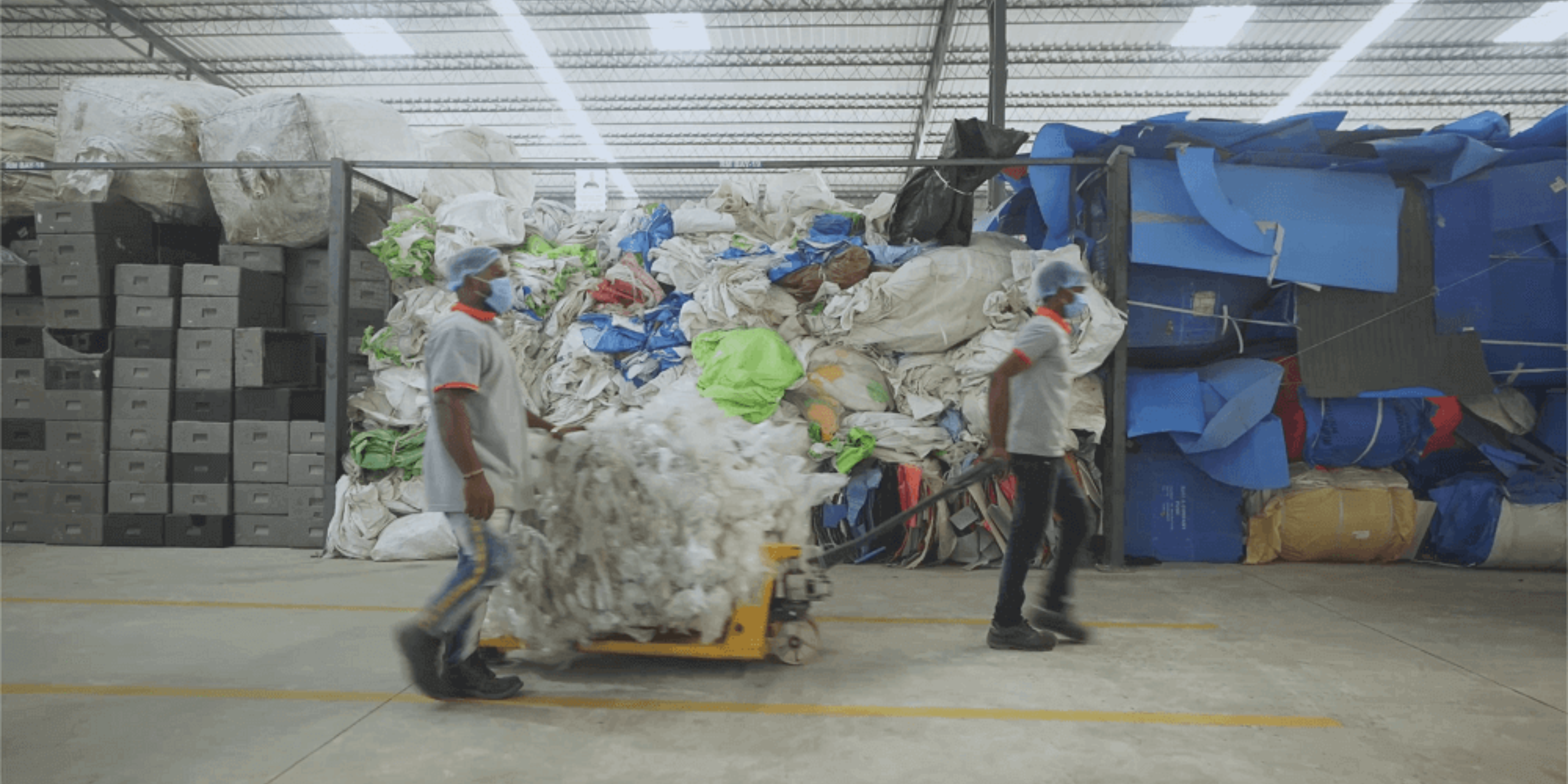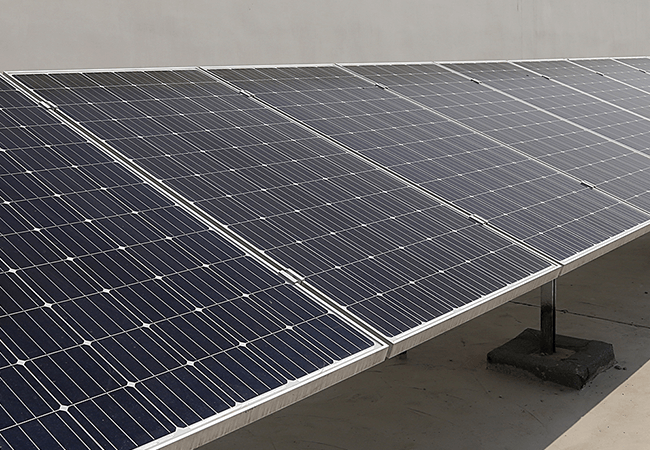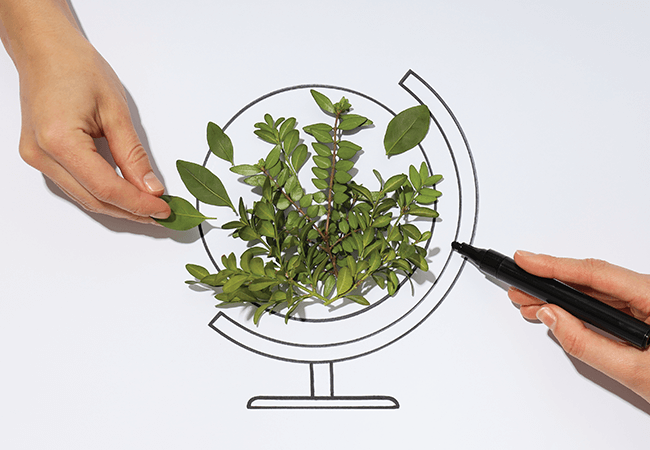Economic Potential of Recyclable Waste in India
Global waste is growing at an alarming rate. According to the World Bank, the world generated approximately 1.3 billion tonnes of solid municipal waste in 2012, which is estimated to increase to 3.4 billion tonnes by 2030. To cater to this rising demand, the global waste management industry, pegged at $400 to $1600 billion, will increase to $700 billion-$2843 billion.
As per the estimates by the Ministry of Environment, Forests and Climate Change, India produces 62 million tonnes of waste, increasing at an average annual rate of 4%. Despite being home to a potentially 15 billion dollar waste industry, only 20% of this waste is recycled. The rest lands in oceans and landfills, causing a health hazard to human beings and biodiversity. The need of the hour is a comprehensive waste management system in line with global standards. About one-fourth of the total waste is solid waste, which can be easily recycled into new products. However, it is not appropriately utilised due to a lack of proper end-to-end collection and segregation techniques.
Plastic Waste in India
A study by Marico Innovation foundation points out that India generated 3.4 million tonnes of plastic waste in 2019, but only 30% was recycled. It also notes that plastic consumption has risen at a CAGR of 9.7% to reach 20 million tonnes in 2019. This plastic, which pollutes land and water bodies, can be recycled to make a range of new products such as bulk packaging, toothbrushes, yoga mats, grocery bags, toys and gifts and many more. The guidelines by the Central Pollution Control Board (CPCB) mandate that all plastic waste must be segregated from non-recyclable ones and used for road-laying, manufacturing of waste-to-energy products or converted into refuse-derived fuels, with only a small proportion of non-recyclables disposed of in landfills. However, the on-ground implementation remains poor. For example, in 2019-20, only 60% of India’s waste was handled adhering to the CPCB guidelines.
Cost of Dumping Plastic Waste in Landfills and Oceans
Landfills are India's most viable option for managing solid municipal waste, which contains 6% of plastic. In India, it is estimated that only 20% of waste collected is further sorted and processed while the remaining is dumped into landfills. The urban local bodies spend an average of between Rs 500-1500 per ton of waste as a fee for collecting, transporting, processing and disposing of waste. A 2021 study by IIT Bombay has found that recovering recyclables is the cheapest way to handle waste compared to incineration, which would account for 2x of the cost.
Landfills have been dubbed as the most unsustainable method for waste management. Most of them are overfilled, and it is difficult to prospect new ones due to local resistance and rising costs of urban land. A 2018 study by the National Institute of Environmental Engineering Research, CPCB and IIT Delhi estimated that three landfills at Okhla, Bhalswa and Ghazipur cause environmental damage to the tune of Rs 450 crores. A UN report estimates that practices such as plastic entering oceans and ecological hazards cost $3,300–33,000 per ton per year to the world in terms of reduced natural capital in affected areas.
Cost of burning plastic waste
Most countries like Japan and Singapore rely on incinerating plastic waste through waste-to-energy plants. However, this practice has been unsuccessful in India for several reasons. The primary reason is that India produces waste of low calorific value which is of little use in incineration at waste-to-energy plants. Moreover, the cost of setting up waste-to-energy plants is still prohibitive despite subsidies and incentives.
Cost of recycling plastic
Although there is a lack of data on the cost of recycling plastic, several global studies have shown the benefits of recycling plastic outweigh other methods of managing it. The plastic recycling process involves sorting plastic waste by hand, washing it in machines and passing it through single-unit extruders, which shred them mechanically into pellets and granules. India's plastic recycling industry employs 1 lakh people, with most units being in the unorganised sector. Despite several challenges, these units are doing their bit to recycle plastic into new valuable products and achieve the goal of the circular economy. Recycling has enormous potential to cut the industrial and environmental costs of producing virgin plastic from fossil fuels. Experts predict that recycling one ton of plastic saves 13.8 barrels of oil, 5744 kWh of energy, and 810 cubic feet of landfill space.
A GHG calculator developed by Circulate Initiative estimates that through an investment in recycling 1 tonne of HDPE and 1 tonne of LDPE plastic types and diverting them from their end-of-life fate, you prevent 2.64 tonnes of CO2-eq emissions from entering the atmosphere, including 72,976 MJ of energy, and save 24 m³ of water in India.
So, if you are looking for solution partners to recycle plastic waste, opt for Lucro Plastecycle. At Lucro, we add value to plastic waste by repurposing it into bulk packaging and ensuring a habitable planet for generations.




